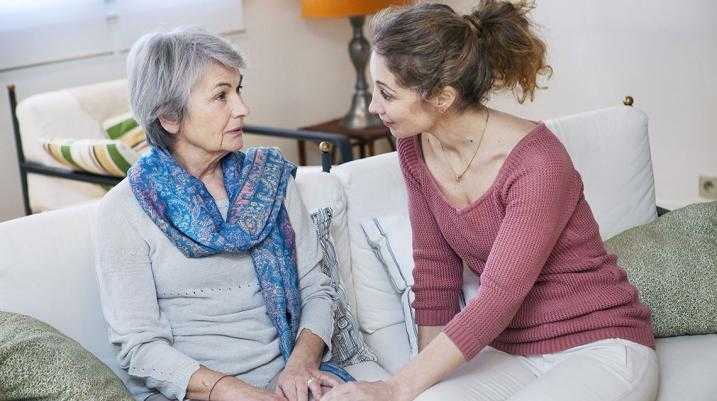Osceola Senior Watch Program: Could One Weekly Visit Help Stop Elder Abuse?

Senior citizens living alone in Osceola County can now look forward to weekly visits, but their visitors might not be who you would expect. The St. Cloud Police Department has launched their “Senior Watch Program” to keep an eye on seniors without family in the area.
And while these visits from police officers are designed to keep lonely seniors company and help them with household tasks, the program may be tackling a much larger problem: elder abuse.
Senior citizens are vulnerable to abuse, and the risks of elder abuse increase significantly for seniors without regular contact from family, friends, or concerned members of the community like the police officers participating in “Senior Watch Program.”
Social Isolation and Elder Abuse
Along with contributing to cognitive, physical, and emotional decline, social isolation among seniors has been directly linked to higher rates of elder abuse, according to the National Center on Elder Abuse.
There are a few reasons for this. Those who prey upon senior citizens specifically target elderly people who are recently widowed or are far away from family members, especially for fraudulent purposes.
Predatory individuals will often attempt to identify socially isolated seniors through obituaries and newspaper death announcements and use this as a means to get into the senior’s life, either by seeking employment as a new personal care attendant or befriending the elder to gain access to financial documents.
These perpetrators rely on a senior’s social isolation to operate in relative secrecy, as seniors who are visited regularly by friends and family have a greater social support network to cast scrutiny on potential fraudsters or abusive caretakers. These abusers have a much harder time avoiding detection when a senior is involved in a community that can keep a watchful eye on them.
How Can You Help?
If you have a loved one who is a senior living alone, what can you do to be on the lookout for abuse?
Be aware of changes in personality or behavior. This could indicate some form of abuse that the senior may feel too ashamed or threatened to disclose, such as abuse from a previously trusted family member.
Note unusual weight loss, bruises, untreated physical problems like bed sores, or unsanitary living conditions such as soiled bedding or clothing. This could indicate abuse and neglect on the part of a care provider.
Keep an eye out for signs of financial exploitation, such as unpaid bills, unnecessary goods or services, or items that are mysteriously missing from the senior’s home. This could indicate that a family member, business, or care provider is taking advantage of the senior or has access to their financial information.
Above all else, call and visit regularly. By simply asking “Is everything okay?” you open a dialogue for the senior to express any concerns about their treatment by a caretaker, inappropriate financial offers, and other potential instances of abuse.
Benefits of the “Senior Watch Program”
The seniors benefiting from the “Senior Watch Program” have expressed feelings of safety as a result of being checked in on regularly.
“The first thing they will say is, 'You need anything? Are you okay?' And what normal person does that?" said 76-year-old Gail Petty to News 13. "It’s wonderful, it gives you a sense of security."
Unfortunately, not all senior citizens are able to receive the level of attention and care that our Osceola seniors are getting from members of the “Senior Watch Program.” Along with elderly people living alone, seniors living at nursing home and assisted living facilities are another group that are put at major risk of elder abuse. If you or a loved one has experienced abuse in a nursing home, you don’t have to stand for it.
Read more to learn how our attorneys in Kissimmee can help recover compensation for nursing home residents who have experienced abuse. If you are ready to pursue a claim, please fill out our free, no-risk case evaluation form today.
Injured? Getting the compensation you deserve starts here.

Injured?
Not sure what to do next?
We'll guide you through everything you need to know.